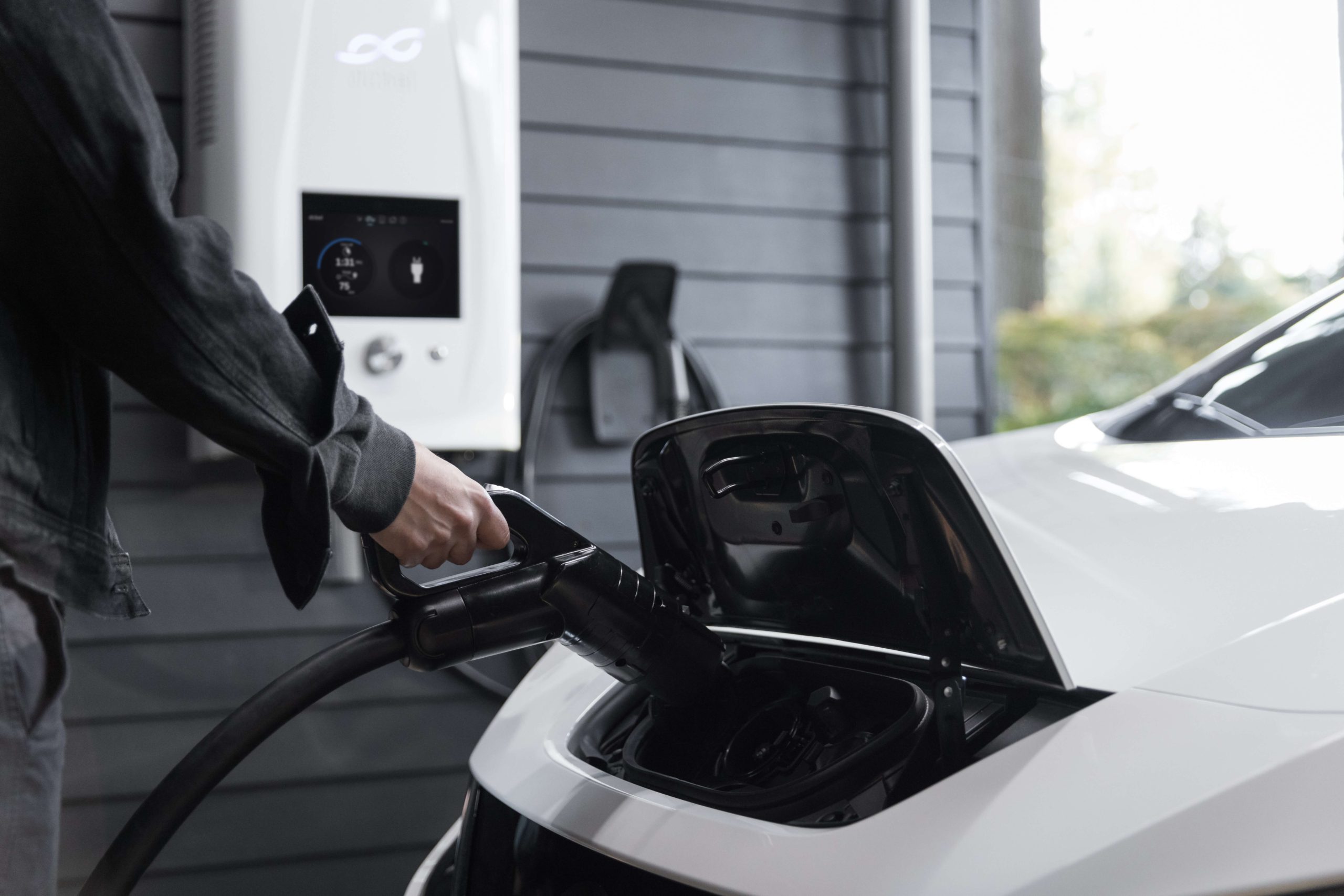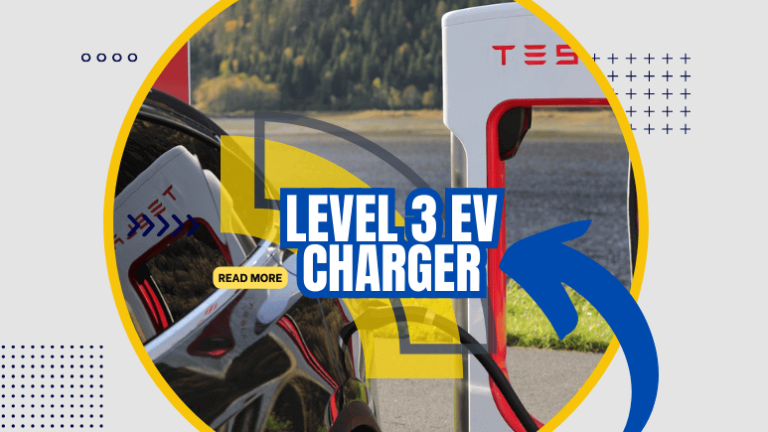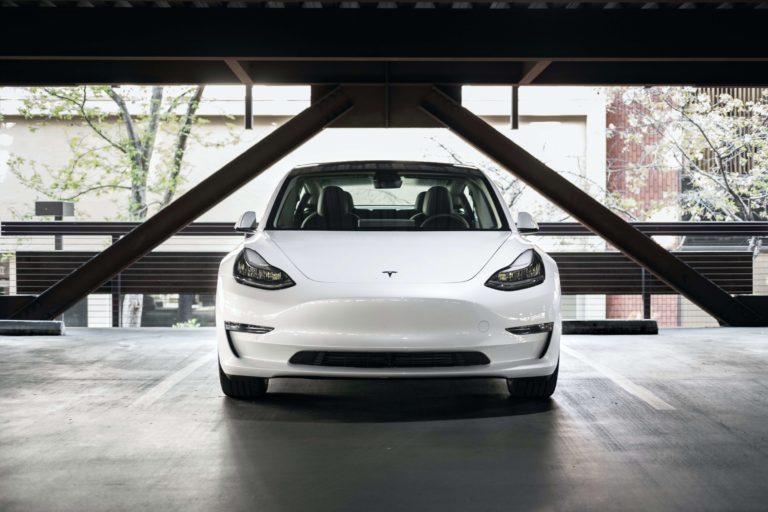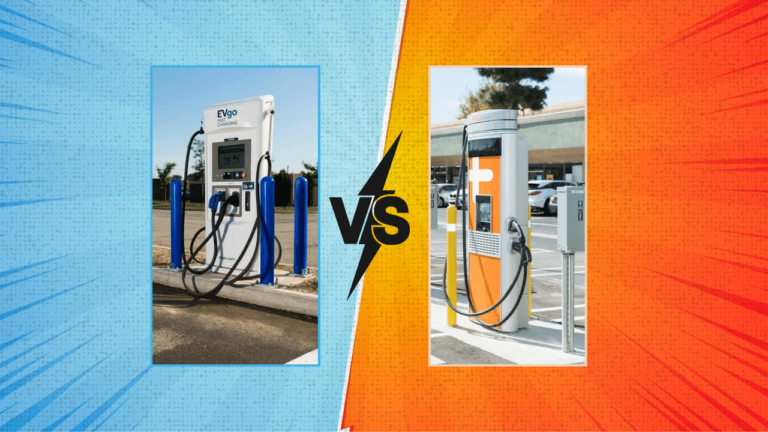Electric cars are becoming more popular as people become more conscious about the environment.
One of the most important parts of an electric car is its battery. They literary make up about 8o% of the price of an electric vehicle. Owners want to make sure that their car’s battery lasts as long as possible.
In this brief, we will discuss several ways to extend the battery life of an electric car.
Contents
One way to extend the battery life of an electric car is to avoid charging it to 100%. Charging to 80% or 90% will help prolong the battery’s life.
It is also important to avoid letting the battery charge drop too low. Keeping the battery level between 20% and 80% whenever possible is recommended. Avoid frequent battery charging to extend its lifespan.
Another way to extend the battery life of an electric car is to avoid extreme temperatures. Extreme temperatures can impact the chemical reactions in batteries. It is important to avoid exposing the battery to extreme heat or cold.
Parking the car in a garage, or a shaded area during hot weather, can help to keep the battery cool. Extend your electric car battery’s life and maximize your investment with these tips.
Understanding Electric Car Batteries
EVs run on rechargeable batteries supplying power to the electric motor. Knowing how electric car batteries function and how to extend their lifespan is crucial for optimal use.
Types of EV Batteries
Electric cars use lithium-ion batteries for their high energy density, long cycles, and low self-discharge. Lithium-ion batteries are also lightweight and can be shaped to fit the car’s design.
EVs also use nickel-metal hydride (NiMH) and lead-acid batteries. But, these battery technologies are less efficient with shorter lifespans than lithium-ion batteries.
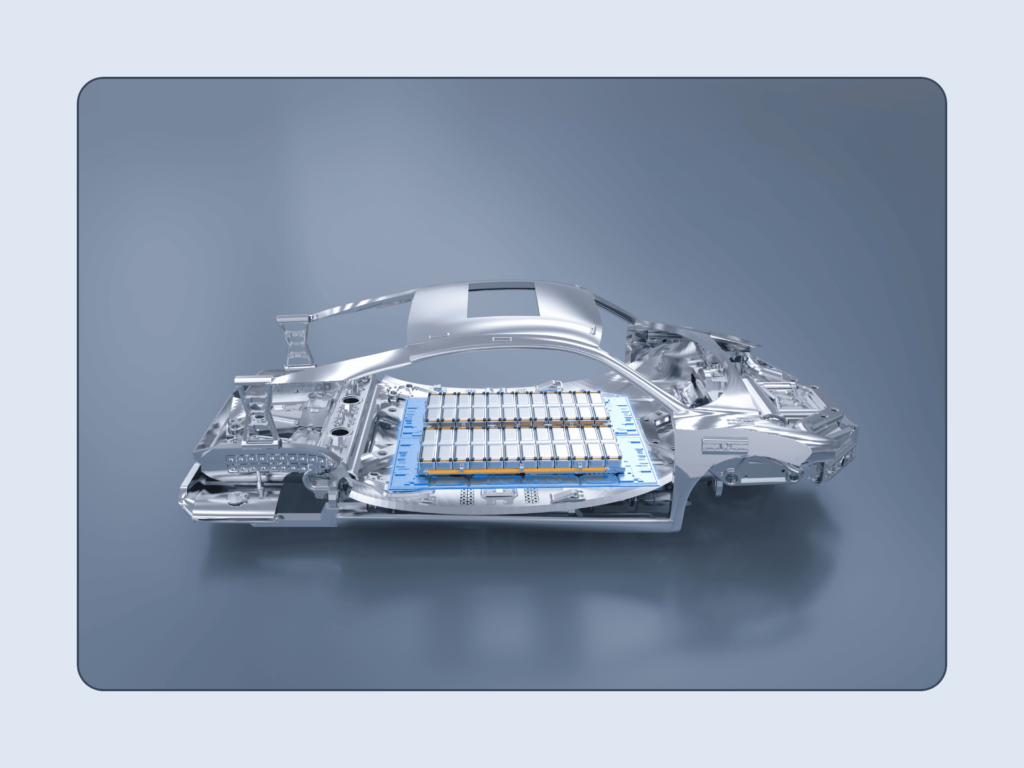
Battery Capacity and Lifespan
An electric car battery’s capacity is its stored energy, measured in kilowatt-hours (kWh). Higher capacity batteries offer more range and power but take longer to charge and cost more.
An electric car battery’s lifespan depends on usage, temperature, and charging habits. Lithium-ion batteries usually last 8-10 years or 100,000-200,000 miles. High temperatures, fast charging, and deep discharging can shorten battery lifespan though.
To extend the lifespan of an EV battery, it is recommended to keep the battery within the 20-80% charge range. Avoid frequent full charges, deep discharges, and exposure to extreme temperatures. It is also important to use a compatible charger and avoid fast charging unless necessary.
Optimizing Charging Practices
Electric car owners should optimize their charging practices to maximize the battery’s lifespan. This section will discuss the best charging practices to follow.
Charging Speed and Battery Health
Charging speed has a significant impact on battery health. Fast charging generates more heat, damaging and reducing the battery lifespan. Slow charging, but, is less stressful on the battery and can help extend its lifespan.
To optimize battery health, electric car owners should balance fast and slow charging. Use fast charging for quick battery boosts but avoid frequent use. Instead, they should use slow charging as much as possible.

Balancing Fast and Slow Charging
To balance fast and slow charging, electric car owners should understand the charging cycle. The charging cycle consists of two stages: the bulk stage and the absorption stage.
In the bulk stage, the battery charges quickly; in the absorption stage, it charges slowly.
Electric car owners should use fast charging during the bulk stage, and slow charging during the absorption stage. This will help balance fast and slow charging and optimize battery health.
Smart Charging Technologies
Smart charging technologies can also help optimize battery health. Smart chargers adjust charging speed based on the battery’s charge level. Reduce charging speed as the battery approaches full to prevent overcharging.
Electric car owners should consider using smart chargers to optimize battery health. Smart chargers extend battery lifespan and reduce the risk of damage.
Thermal Management for Battery Efficiency
EVs rely on efficient batteries to power their engines, influencing range and performance. One of the key factors that affect battery efficiency is temperature. Extreme temperatures can damage the battery, reducing capacity and shortening lifespan.
Importance of Temperature Regulation
To ensure optimal battery performance, it is important to regulate the temperature of the battery within a safe and narrow range. According to a review on thermal management of battery packs for EVs, the ideal temperature range for lithium-ion batteries is between 20°C and 45°C. Operating the battery outside this range can result in reduced efficiency, increased degradation, and safety hazards.
Thermal Management Systems in EVs
EVs use thermal management systems (TMS) to regulate battery temperature based on external conditions and usage. TMS dissipates excess battery heat during charging or discharging.
There are two main types of TMS used in EVs: active and passive.
Active TMS utilizes external energy, like electricity or refrigerant, to regulate battery temperature. Passive TMS relies on natural air or liquid convection for temperature regulation.
Active TMS is effective in extreme temperatures and high-performance scenarios but consumes more energy and adds weight to the vehicle. Passive TMS is lighter and energy-efficient but may be insufficient in extreme conditions.
Driving and Maintenance Tips
Eco-Friendly Driving Habits

To extend the battery life of an electric car, it is important to develop eco-friendly driving habits. One of the most important habits is to avoid rapid acceleration and heavy braking. This puts a lot of stress on the battery and reduces its lifespan. Instead, drivers should aim for a smooth and steady driving style.
Another way to extend the battery life is to use regenerative braking. This technology captures the energy that is lost during braking and uses it to recharge the battery. This not only extends the battery life but also improves the driving range of the car.
Avoiding high speeds is crucial as it increases energy consumption and reduces driving range. It is recommended to drive at a moderate speed and use cruise control whenever possible.
Routine Battery Maintenance
Routine battery maintenance is also crucial for extending the battery life of an electric car. This includes following the manufacturer’s guidelines for charging and storing the battery. It is important to avoid overcharging or undercharging the battery as this can cause damage to the battery cells.
Maintain the battery at a moderate temperature to prevent negative impacts on battery life. It is recommended to park the car in a shaded area during hot weather and keep it in a garage during cold weather.
Consult the owner’s manual for maintenance guidance and schedule regular check-ups with a certified technician. This ensures that any potential issues with the battery are identified and resolved on time.
When to Consider Battery Replacement
Electric car batteries have come a long way in longevity and reliability.
But, they still have a limited lifespan and will need to be replaced.
Knowing when to replace the battery prevents breakdowns and keeps the car running.

Battery Degradation
Battery degradation is a natural process that occurs over time as the battery loses its ability to hold a charge.
This can be caused by many factors, including heat, cold, and the number of charge cycles.
As the battery degrades, you may notice a decrease in range or a need to charge more. If you are experiencing these issues, it may be time to consider a replacement battery.
Warranty
Most electric car batteries come with a warranty that covers a certain number of years or miles. If your battery is still under warranty and you are experiencing issues, it is important to contact your dealer or manufacturer to see if you are eligible for a replacement battery.
Replacement Battery
If your battery is no longer under warranty or the warranty has expired, you may need to consider purchasing a replacement battery.
Replacement batteries can be expensive, so it is important to do your research and find a reputable dealer or manufacturer.
Cost and Benefits
Replacing an electric car battery can be costly, but it may be worth it in the long run. A new battery enhances car range and performance, boosting efficiency and reliability. Consider costs and benefits to decide if replacement is right for you.

